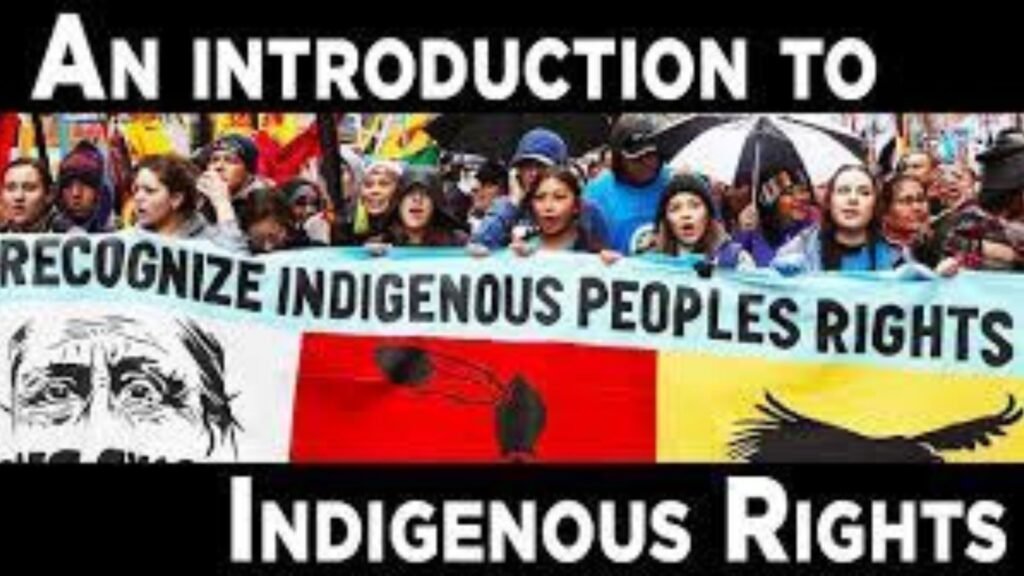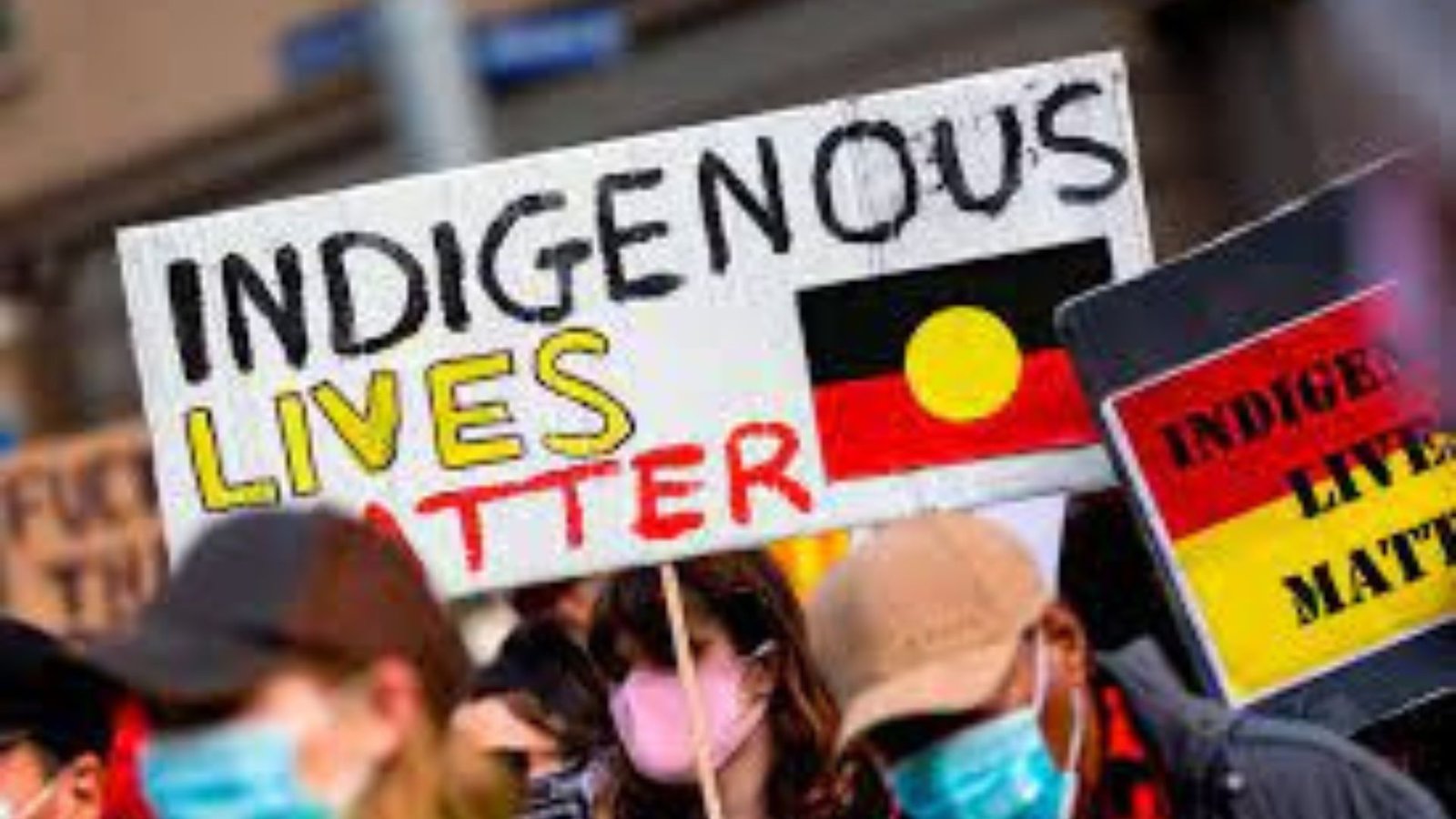Indigenous Peoples’ Human Rights Issues
Indigenous Peoples’ human rights issues are critical topics that need our attention. Indigenous communities around the world face unique challenges when it comes to their rights. These issues include land rights, cultural preservation, and political representation. In this blog post, we will explore the main human rights issues affecting Indigenous peoples, the obstacles they encounter, and what can be done to support their rights effectively.

Key Human Rights Issues for Indigenous Peoples
Indigenous Peoples’ human rights issues cover a range of concerns that affect their daily lives and cultural heritage. Here are some of the most pressing issues:
1. Land Rights and Resource Management
- Historical Displacement: Many Indigenous communities have been displaced from their ancestral lands over time. This displacement has led to a loss of traditional territories and resources, which are vital for their survival and cultural identity.
- Resource Extraction: Extractive industries, such as mining and logging, often encroach on Indigenous lands without proper consent. This exploitation of resources can cause environmental damage and disrupt the lives of Indigenous peoples.
2. Cultural Preservation
- Loss of Traditions: Rapid modernization and outside influences can threaten the traditional cultures and languages of Indigenous communities. Efforts to preserve and revitalize these cultures are crucial for maintaining their heritage.
- Education and Language: Access to education that respects and incorporates Indigenous languages and knowledge is often limited. Ensuring that educational systems support Indigenous cultures helps in preserving their unique identities.
3. Political Representation
- Underrepresentation: Indigenous peoples are often underrepresented in political and decision-making processes. This lack of representation means their voices are not heard when decisions are made about their lands, resources, and rights.
- Legal Protections: In many regions, there are insufficient legal protections for Indigenous rights. Stronger laws and policies are needed to ensure that their rights are respected and upheld.
Challenges Facing Indigenous Peoples
Indigenous Peoples’ human rights issues are compounded by several significant challenges:
1. Economic Disadvantages
- Poverty: Many Indigenous communities face high levels of poverty and lack access to basic services such as healthcare and education. This economic disadvantage further exacerbates the difficulties they face in advocating for their rights.
- Employment Barriers: Indigenous peoples often encounter barriers to employment and economic opportunities. Discrimination and lack of access to resources can limit their ability to achieve economic stability.
2. Social and Health Issues
- Health Disparities: Indigenous communities frequently experience poorer health outcomes compared to non-Indigenous populations. This includes higher rates of chronic diseases and lower life expectancy.
- Social Inequality: Social issues such as substance abuse and violence are more prevalent in some Indigenous communities. Addressing these issues requires a comprehensive approach that includes support for mental health and social services.
3. Legal and Institutional Obstacles
- Ineffective Laws: In some cases, existing laws designed to protect Indigenous rights are not effectively enforced. This can lead to ongoing violations and lack of accountability.
- Institutional Racism: Indigenous peoples may face institutional racism within legal and government systems. This systemic bias can hinder their efforts to secure justice and equal treatment.
Supporting Indigenous Peoples’ Rights
To address Indigenous Peoples’ human rights issues, several actions can be taken:
1. Advocacy and Awareness
- Raising Awareness: Increasing public awareness about the rights and struggles of Indigenous peoples can help garner support for their causes. Awareness campaigns and educational programs play a key role in this effort.
- Advocating for Change: Supporting advocacy groups that work for Indigenous rights can help drive policy changes and improvements. Advocacy can also involve lobbying for better legal protections and representation.
2. Respecting Land Rights
- Consultation and Consent: Ensuring that Indigenous communities are consulted and give consent before any projects or developments on their lands is essential. This respects their land rights and helps prevent conflicts.
- Supporting Land Claims: Supporting efforts to restore or recognize Indigenous land claims can help address historical injustices and restore traditional territories.
3. Promoting Cultural Preservation
- Supporting Cultural Programs: Investing in programs that support the preservation of Indigenous languages, traditions, and arts can help maintain their cultural heritage.
- Inclusive Education: Ensuring that educational systems include Indigenous perspectives and knowledge can help preserve and promote their cultures.
4. Improving Economic and Social Conditions
- Economic Opportunities: Creating opportunities for economic development and employment for Indigenous communities can help reduce poverty and improve living standards.
- Healthcare and Social Services: Enhancing access to healthcare and social services can address disparities and improve overall well-being in Indigenous communities.
Conclusion
In conclusion, Indigenous Peoples’ human rights issues are complex and multifaceted. Addressing these issues involves recognizing and respecting their rights to land, culture, and political representation.
By advocating for change, supporting cultural preservation, and improving economic and social conditions, we can help ensure that Indigenous peoples’ rights are upheld and respected. It is crucial for everyone to contribute to these efforts to create a fairer and more just world for Indigenous communities.



